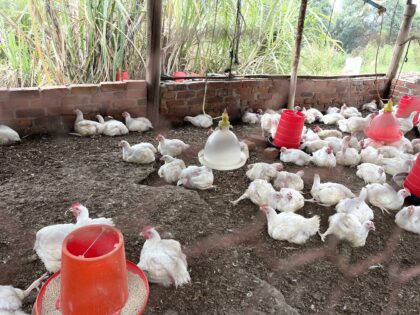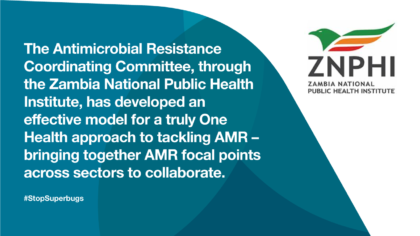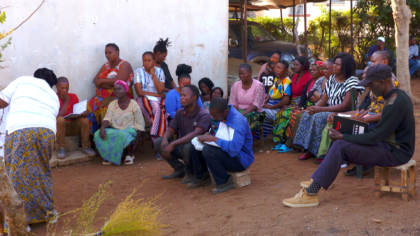Mitigating antimicrobial resistance through effective hospital wastewater management in low- and middle-income countries
Hospital wastewater (HWW) is a significant environmental and public health threat, containing high levels of pollutants such as antibiotic-resistant bacteria (ARB), antibiotic-resistant genes (ARGs), antibiotics, disinfectants, and heavy metals. This threat is of particular concern in low- and middle-income countries (LMICs), where untreated effluents are often used for irrigating vegetables crops, leading to direct and indirect human exposure. Existing HWW treatment systems in LMICs primarily target conventional pollutants and lack effective standards for monitoring the removal of ARB and ARGs, exacerbating the risk of AMR proliferation.
Addressing this requires targeted interventions, including cost-effective treatment solutions, robust AMR monitoring protocols, and policy-driven strategies tailored to LMICs. This article calls for a paradigm shift in HWW management in LMIC, emphasizing the broader implementation of onsite treatment systems, which are currently rare. Recommendations include developing affordable and contextually adaptable technologies for eliminating ARB and ARGs and enforcing local regulations for AMR monitoring and control in wastewater. This includes integrating scalable onsite technologies, leveraging local knowledge, and implementing comprehensive AMR-focused regulatory frameworks.
Details
Resource type: Article
Date: 29. January 2025
Publisher: Frontiers in Public Health
Author: Yaovi Mahuton Gildas Hounmanou, Adonias Houefonde , I-CRECT Consortium, Tram Thuy Nguyen, Anders Dalsgaard
Region: Asia
Sector: Humans
Share
Share this project on socials
Related resources

Addressing AMR in poultry production: Challenges and sustainable solutions for LMICs
Boris Lègba, Victorien Dougnon, Maia Berushvili, Canaan Tinashe Hodobo, Emily Onesai Waniwa, Kristina Osbjer, Erica Westwood, Rodolphe Mader and Annick Lenglet

Towards an Antibiotic Roadmap for the sustainable Entry and Management of Antibiotic X (TANDEM-ABX) in LMICs
ICARS
Related projects



